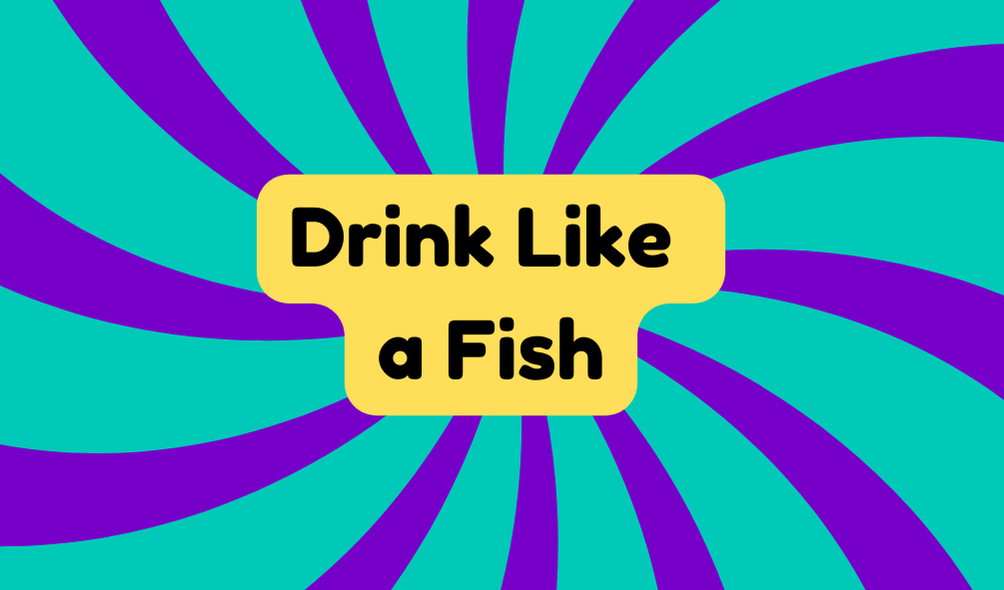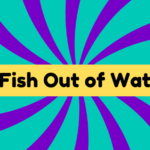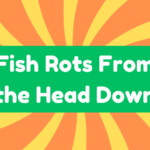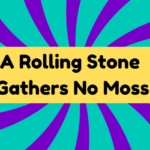The phrase "drink like a fish" describes excessive alcohol consumption in social settings. It suggests a troubling acceptance of heavy drinking, often celebrated at parties. Originating in the 1640s, it highlights how humans indulge in alcohol much like fish with water. This casual acceptance raises concerns about health and responsibility. While social norms may celebrate such behavior, it brings potential dangers. Understanding its implications can provide valuable insights into drinking habits and their effects.
Synonyms
The phrase "drink like a fish" carries a weight of social meaning and various synonyms that may also depict similar behaviors. These expressions often reflect concerning alcohol habits and cultural attitudes towards consumption. Some notable synonyms include:
- Binge-drink: Engaging in excessive drinking within a short period.
- Hit the bottle: Refers to frequently drinking alcohol, often heavily.
- Soak up: Implies consuming large amounts of beverages, usually alcoholic.
While these phrases evoke humor or camaraderie, they also highlight the potential pitfalls of fish consumption of alcohol—a reminder of the consequences of unrestrained drinking habits.
Example of Sentences
Observing social gatherings often reveals interesting drinking behaviors, particularly when the phrase "drink like a fish" surfaces in conversation. This expression, steeped in social norms, often highlights a troubling acceptance of heavy drinking. For instance:
- "At any party he goes, he drinks like a fish."
- "Pass that bottle to me; I can drink this like a fish."
- "His friends always encourage him to drink like a fish during celebrations."
Such sentences reflect not just individual habits but also how society often embraces excessive alcohol consumption, raising important questions about health and responsibility.
Origin
While the phrase "drink like a fish" conjures imagery of bottomless mugs and carefree parties, its origins reveal a more nuanced truth. An etymology analysis reveals that this expression first appeared around 1640 in "The Night Walker" by Fletcher and Shirley. It symbolizes the fish's effortless consumption of vast quantities of water, paralleling the act of drinking heavily. Significantly, its cultural significance has evolved, touching on social norms regarding alcohol use. Ultimately, this phrase encapsulates both the allure and potential consequences of excessive drinking, reminding society of the fine balance between enjoyment and overindulgence in social settings.
Collocations
Collocations related to the phrase "drink like a fish" highlight the tangled web of social habits and attitudes surrounding alcohol consumption. These expressions reveal the nuances of drinking culture, often glorifying heavy indulgence while hinting at underlying concerns about responsibility and health.
- "Cheers to heavy drinking"
- "Sip with abandon"
- "Party till dawn"
Such phrases serve as a lens to examine societal acceptance of alcohol consumption. As they permeate social gatherings, they invite reflection on the balance between celebration and moderation, prompting individuals to assess their own drinking practices and the influence of surrounding norms.
How to Use in Everyday Language
In everyday language, the phrase "drink like a fish" can be employed in various contexts, often sprinkled into conversations about social gatherings and drinking habits. It serves as a lighthearted way to describe someone indulging excessively in alcoholic beverages. However, caution is warranted, as the phrase can normalize irresponsible drinking patterns. Observations of how one "drinks like a fish" may reveal concerning drinking habits that raise questions about overall health. While it may add flair to festivities, it prompts a responsible dialogue about alcohol consumption. Ultimately, this expression encapsulates both merriment and the potential pitfalls of overindulgence.
Why Is It Still Relevant Today?
How can a phrase so seemingly lighthearted continue to hold significance in today's society? "Drink like a fish" reflects a culture that often overlooks responsible drinking, making it both a humorous expression and a cautionary tale. Its relevance persists due to ongoing societal conversations surrounding alcohol consumption and its cultural impact.
| Context | Implications | Alternatives |
|---|---|---|
| Celebrations | Promotes heavy drinking | Responsible choices |
| Social gatherings | Normalizes excess | Mindful moderation |
| Cultural references | Can lead to health concerns | Health-conscious events |
This juxtaposition prompts critical reflection on drinking habits today.







